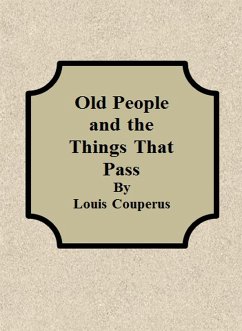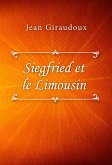Steyn's deep bass voice was heard in the passage: "Come, Jack, come along, dog! Are you coming with your master?" The terrier gave a loud, glad bark and came rushing madly down the stairs, till he seemed to be tumbling over his own paws. "Oh, that voice of Steyn's!" Ottilie hissed between her teeth angrily and turned a number of pages of her novel.









